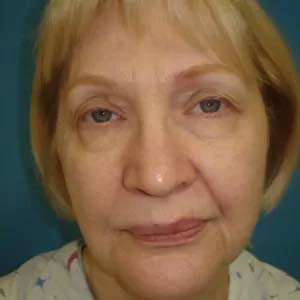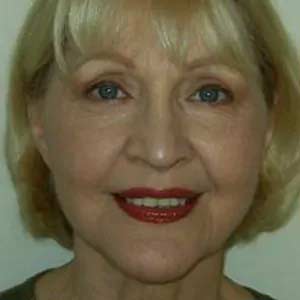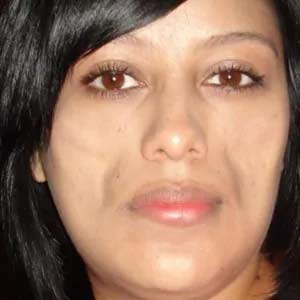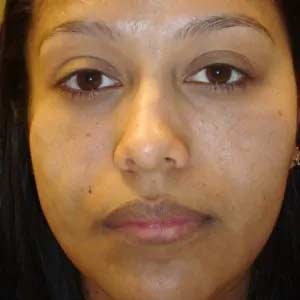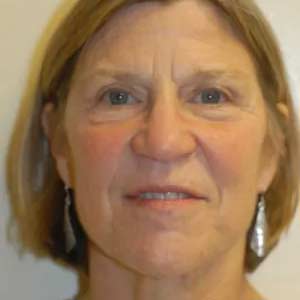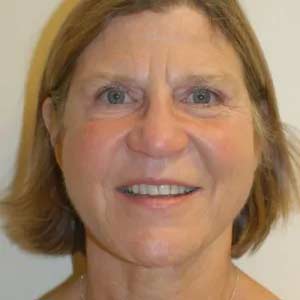Acne & Rosacea Treatment
The Gladstone Clinic offers comprehensive treatment for Acne and Rosacea
- Does Acne Make You Shy or Embarrassed?
- Bought Acne Products That Don’t Work?
- Yearning for Clear, Acne Free Skin?
- Is Rosacea Impacting Your Self Esteem?
- Struggling with Facial Redness That Comes & Goes?
If you answered YES to any of the above questions, then relief is close by at the Gladstone Clinic. Our certified skin care specialists can treat skin conditions of all types with emphasis on understanding the unique needs and concerns of each patient. Committed to providing excellent clinical care, we place a high priority on patient education, comprehension, and well-being.
Contents
Acne Treatment
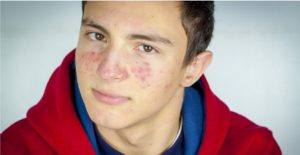
Acne is the most common skin condition in the United States. Although it’s common, accurate information about acne can be scarce. This can make it difficult to get clearer skin. The information on this site can help you understand acne and how to successfully treat it.
How does the Gladstone Clinic diagnose acne?
To diagnose acne, we will first examine your skin to make sure you have acne. Other skin conditions can look like acne.
Grade the acne. Grade 1 is mild acne. Grade 4 is severe acne.
Note what type, or types, of acne appear on your skin.
How does the Gladstone Clinic treat acne?
Today, there are many effective acne treatments. This does not mean that every acne treatment works for everyone who has acne. But it does mean that virtually every case of acne can be controlled.
People who have mild acne have a few blemishes. They may have whiteheads, blackheads, papules, and/or pustules (aka pimples). Many people can treat mild acne with products that you can buy without a prescription. A product containing benzoyl peroxide or salicylic acid often clears the skin. This does not mean that the acne will clear overnight.
Despite the claims, acne treatment does not work overnight. At-home treatment requires 4-8 weeks to see improvement. Once acne clears, you must continue to treat the skin to prevent breakouts.
When to see the Gladstone Clinic
If you have a lot of acne, cysts, or nodules, a medicine that you can buy without a prescription may not work. If you want to see clearer skin, you should make an appointment at the Gladstone Clinic. We offer the following types of treatment:
Acne treatment that you apply to the skin: Most acne treatments are applied to the skin. This is called a topical treatment. There are many topical acne treatments. Some topicals help kill the bacteria. Others work on reducing the oil. The topical medicine may contain a retinoid, prescription-strength benzoyl peroxide, antibiotic, or even salicylic acid. The Gladstone Clinic will determine what you need.
Acne treatment that works throughout the body: Medicine that works throughout the body may be necessary when you have red, swollen types of acne. This type of treatment is usually necessary to treat acne cysts and nodules.The Gladstone Clinic may prescribe one or more of these:
- Antibiotics (helps to kill bacteria and reduce inflammation).
- Birth control pills and other medicine that works on hormones (can be helpful for women).
- Isotretinoin (the only treatment that works on all that causes acne).
Procedures that treat acne: The Gladstone Clinic may treat your acne with a procedure that can be performed during an office visit. These treatments include:
- Lasers and other light therapies: These devices reduce the p. acnes bacteria. We may determine whether this type of treatment can be helpful.
- Chemical peels: You cannot buy the chemical peels that dermatologists use. The Gladstone Clinic uses chemical peels to treat 2 types of acne — blackheads and papules.
- Acne removal: The Gladstone Clinic may perform a procedure called “drainage and extraction” to remove a large acne cyst. This procedure helps when the cyst does not respond to medicine. It also helps ease the pain and the chance that the cyst will leave a scar. If you absolutely have to get rid of a cyst quickly, the Gladstone Clinic may inject the cyst with medicine.
In addition, our medical esthetician can provide many treatments for your acne.
Treatment Outcome
Waiting for acne to clear on its own can be frustrating. Without treatment, acne can cause permanent scars, low self-esteem, depression, and anxiety.
To avoid these possible outcomes, the Gladstone Clinic recommend that people treat acne. When the skin clears, treatment should continue. Treatment prevents new breakouts.
Acne Treatment
Rosacea Treatment
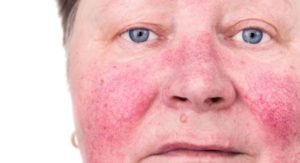
Rosacea (rose-AY-sha) is a common skin disease. It often begins with a tendency to blush or flush more easily than other people. The redness can slowly spread beyond the nose and cheeks to the forehead and chin. Even the ears, chest, and back can be red all the time.
How does the Gladstone Clinic diagnose rosacea?
If we suspect you have rosacea, you won’t need medical tests. No medical test can tell whether you have rosacea.
To diagnose rosacea, we will examine your skin and your eyes. We will also ask questions.
Before giving you a diagnosis, we may want to make sure you don’t have another medical condition. Sometimes, another medical condition can look a lot like rosacea. We will want to rule out these conditions. Medical tests can help rule out conditions, such as lupus and an allergic skin reaction.
If you have rosacea, we can talk with you about treatment options. While treatment cannot cure rosacea, it can help:
- Reduce (or eliminate) signs of rosacea on your skin
- Ease your discomfort
- Prevent rosacea from worsening
How does the Gladstone Clinic treat rosacea?
To give you the best results, treatment often begins with a bit of education. While medicine or laser treatment can help reduce or clear signs of rosacea, your everyday habits may cause a new flare-up. If you have trouble finding mild skin care products, the Gladstone Clinic can make recommendations.
The rest of your treatment plan will be tailored to treating your rosacea. Here’s how the Gladstone Clinic treats the different signs of rosacea:
- Rosacea treatment for the redness
- Rosacea treatment for your eyes
- Rosacea treatment: Acne-like breakouts
- Rosacea treatment: Thickening skin
Outcome for people who have rosacea
There is no cure for rosacea, but you can successfully control it. Making some lifestyle changes and treating rosacea can prevent flare-ups. It can also prevent the rosacea from worsening.
Many people find that by doing these things, living with rosacea becomes a lot easier. They also say they feel and look better.

